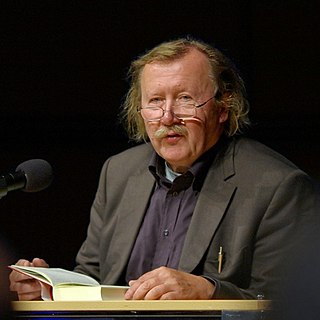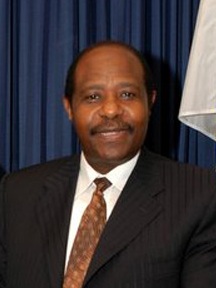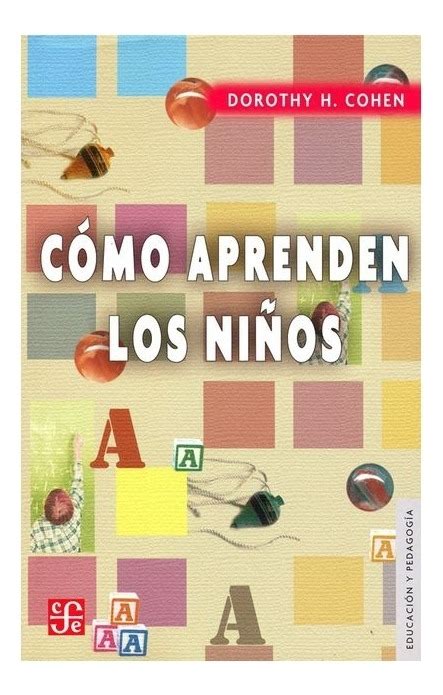A Quote by Sigmund Freud
We have become convinced that it is better to avoid such symbolic disguisings of the truth in what we tell children and not to withhold from them a knowledge of the true state of affairs commensurate with their intellectual level.
Related Quotes
The violent, antirationalistic impulse in Western countries is reacting to an intellectual state of affairs in which all thinking has become strategy; this impulse shows a disgust for a certain form of self-preservation. It is a sensitive shivering from the cold breath of a reality where knowledge is power and power is knowledge.
The public affairs of the union are spread throughout a very extensive region, and are extremely diversified by the local affairs connected with them, and can with difficulty be learnt in any other place, than in the central councils, to which a knowledge of them will be brought by the representatives of every part of the empire. Yet some knowledge of the affairs, and even of the laws of all the states, ought to be possessed by the members from each of the states.
Then may we not fairly plead in reply that our true lover of knowledge naturally strives for truth, and is not content with common opinion, but soars with undimmed and unwearied passion till he grasps the essential nature of things with the mental faculty fitted to do so, that is, with the faculty which is akin to reality, and which approaches and unites with it, and begets intelligence and truth as children, and is only released from travail when it has thus reached knowledge and true life and satisfaction?
Helping children at a level of genuine intellectual inquiry takes imagination on the part of the adult. Even more, it takes the courage to become a resource in unfamiliar areas of knowledge and in ones for which one has no taste. But parents, no less than teachers, must respect a child's mind and not exploit it for their own vanity or ambition, or to soothe their own anxiety.
I suppose I was lucky enough to be educated at a time when teachers still thought children could handle knowledge. They trusted us. Then there came a time when they decided that because not every kid in the class could understand or remember those things they wouldn't teach them anymore because it wasn't fair on the less good ones. So they withheld knowledge. Then I suppose the next lot of teachers didn't have the knowledge to withhold.
If you want your children to relate to the culture you live in, if you want to train them outside of the general system, you have to tell your children that ordinary children tend to say things like 'I can run faster than you; I can draw better than you; I know things you don't know'. You have to tell them what normal children are like. Normal children are messed up and you have to tell them about that. But if you instruct your child in high correlation with the physical world, they won't be able to relate with normal children. Normal means mixed up as I use the word.




































